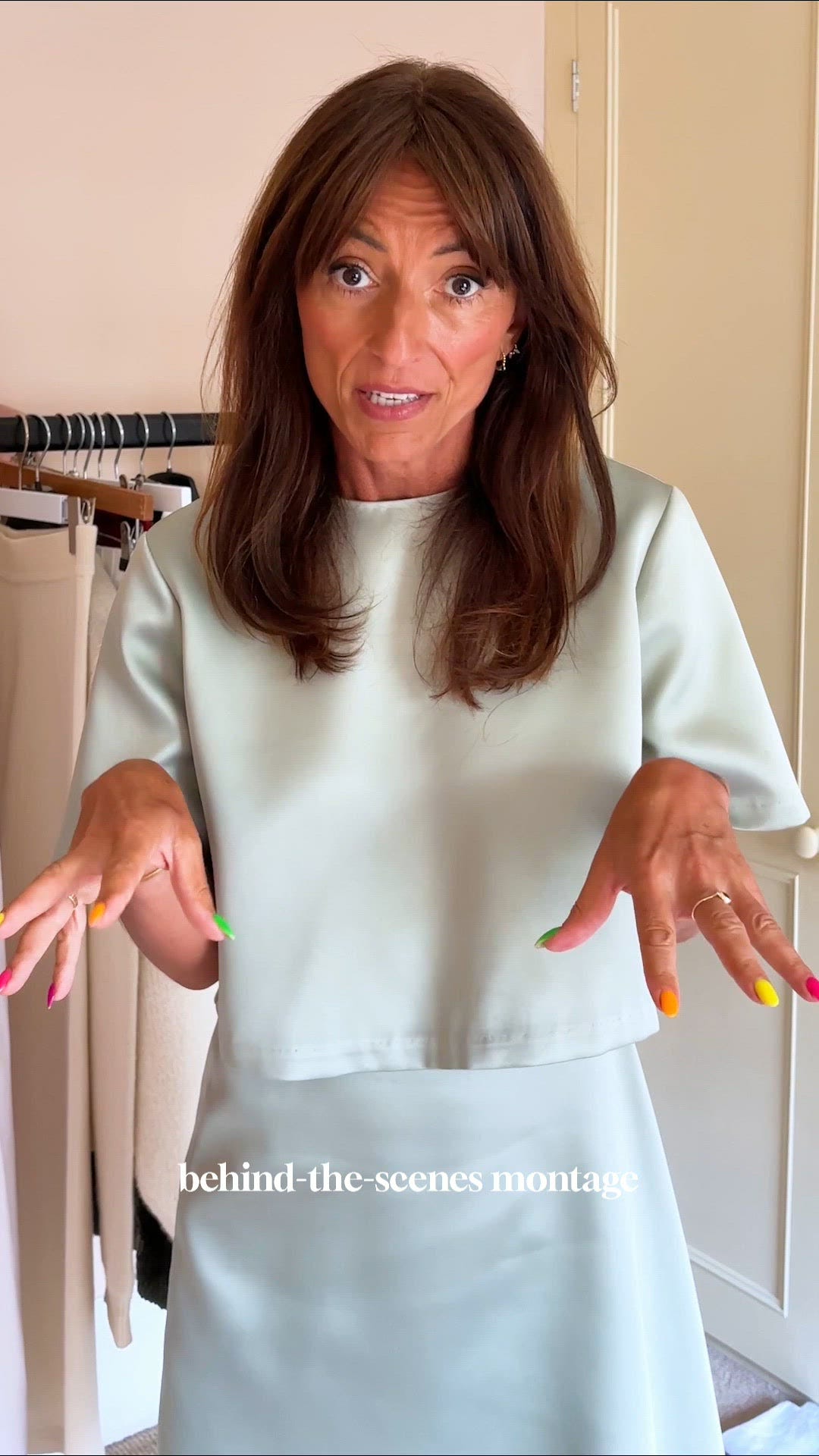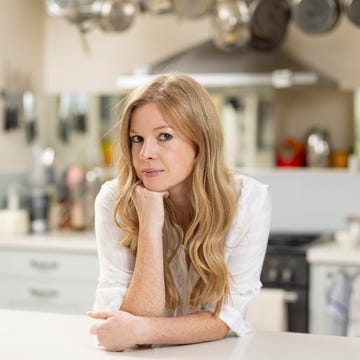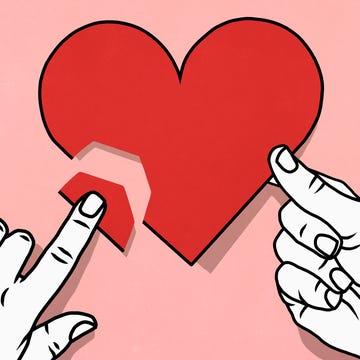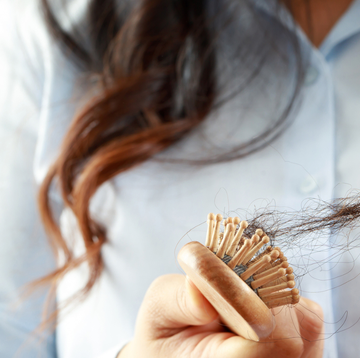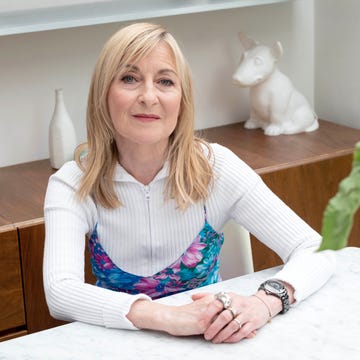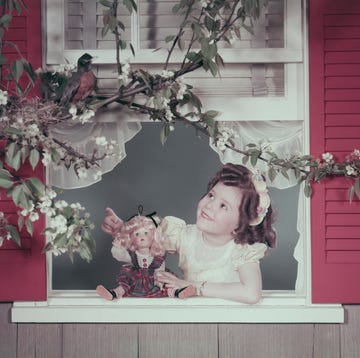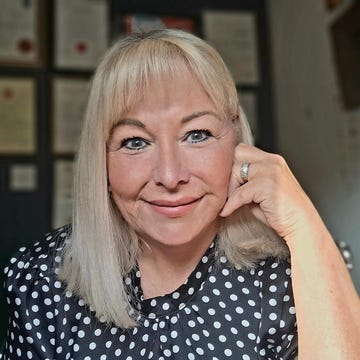When the 1967 Abortion Act passed, I sat on the terrace of the House of Commons with my fellow campaigners and marked the moment with half a glass of champagne. Half because it was only a partial victory – I felt it was a necessary compromise but that the job was far from finished.
One in three women will have an abortion in her lifetime. Yet abortion has not been decriminalised. A woman must get the sign-off of two doctors. Two doctors who have likely never seen her before nor will they see her again but are strangers making one of the most important decisions of someone’s life. It was a requirement I opposed even in the 1960s – but it was the price of getting the bill through Parliament.
Before the Act passed, abortion was a criminal offence but there was a loophole if you could find the right doctor and had enough money. I did. In 1961, I went to Harley Street and I had what was denied to so many others: legality and safety.
What to read next
Not all were so lucky. I still think about a local dressmaker I went to. One day she was simply gone. Her mother confided to mine that she had died after a backstreet abortion. She was my age – married, and just like me, already a mother of three young children. She knew that she could not cope with anymore. That was why I had my abortion – I had three children under four and I knew I’d reached my limit.
I was so horrified I told some of the doctors I worked with at St Bartholomew’s Hospital – I was a researcher there at the time. They didn’t blink an eye. They told me this happened all the time and that on Fridays the wards filled up with ‘miscarriages’ – their euphemism for botched abortions so that the family didn’t have to deal with the police.
Never had it been so stark: one law for the rich and another for the poor. I started asking around and the stories started coming out of the woodwork – my mother had looked after an aunt, there was a friend who knew someone who had died.
That’s when I began speaking out. Back then, you could go to women’s clubs and give talks about anything as long as you didn’t charge. I called my talk Women’s Rights In The Twentieth Century because I knew some groups would be too squeamish to address abortion directly.
I spoke publicly to all sorts of groups. Whether they were the well-to-do sort or not, had money or were poor. Yet everywhere I went, they would come up to me and share their stories. They’d say things like ‘we had no money’ and ‘I went to a backstreet’.
Telling my story opened the door for others to tell theirs. That’s how change began.
Today, I’m in my mid-90s. There have been more than 60 attempts to strip women of their rights since the bill passed. I fought off around 50 attempts before I retired. I spoke out publicly, broadcasting and in the Houses of Parliament, as well as doing Public Relations work with the British Pregnancy Advisory Service. But I won’t be here forever. And the truth is: this isn’t a fight for just the few of us who remember what it was like before 1967. It’s a fight for all of us. Because we can’t go back to a world of whispers and blood-soaked sheets.
I now have three sons and four grandsons – all male descendants, which feels like my penance for being such a militant – but I have never once regretted my abortion. Even when I had letters of hate through my door or red paint poured on the bonnet of my car with a note saying it was ‘the blood of the babies I’d murdered’.
I’ve spent decades talking to women about abortion — many who never had one, never would, but were comforted knowing the choice was theirs. The freedom to say no, or yes, shapes everything else: your family, your future, your life.
Why is this week’s vote important?
Tomorrow, MPs will debate the amendments to the Government’s Crime and Policing bill and they are being asked to decide if one amendment in particular – the 1861 Offences Against the Person Act – should remain.
The act outlaws abortion and MPs will vote to decide whether to amend it so that it would no longer apply to women ending their own pregnancies. It doesn’t affect or change the conditions of the 1967 Abortion Act that Diane campaigned for, which created an allowance for abortions to take place in the first 24 weeks weeks of pregnancy, or in pregnancies over 24 weeks when there is a risk to the woman’s physical or mental health, or where a child may be born with severe abnormalities.
Instead, the change being proposed by the Labour MP Tonia Antoniazzi would decriminalise abortions undertaken at any stage by a woman acting in relation to her own pregnancy, meaning that no woman who has an abortion would face investigation or imprisonment. Medical professionals, or anyone else who assisted in a late termination, would still be open to criminal prosecution. A rival amendment by Labour MP Stella Creasy aims to make accessing abortion a human right.
Our sister publication Cosmopolitan has joined forces with 30-plus healthcare and women’s rights organisations, on a new campaign End 1861, to decriminalise abortion in England and Wales.


